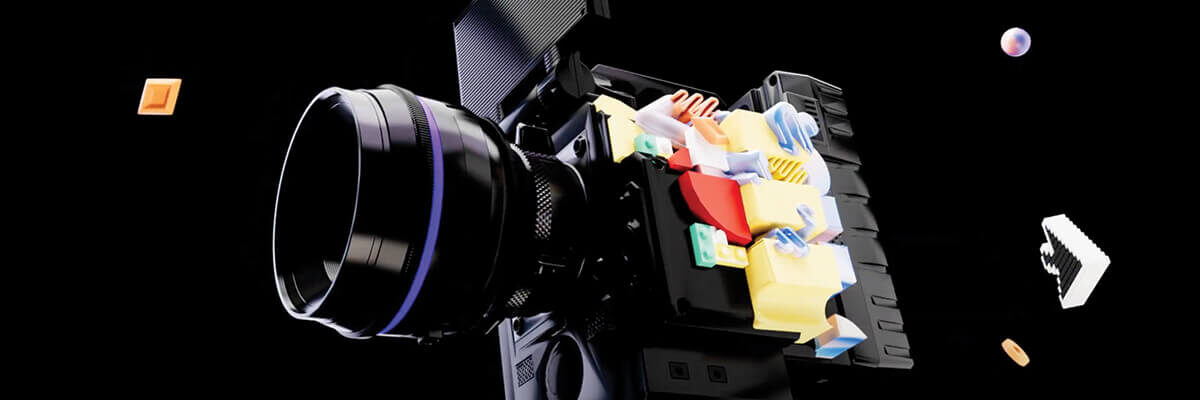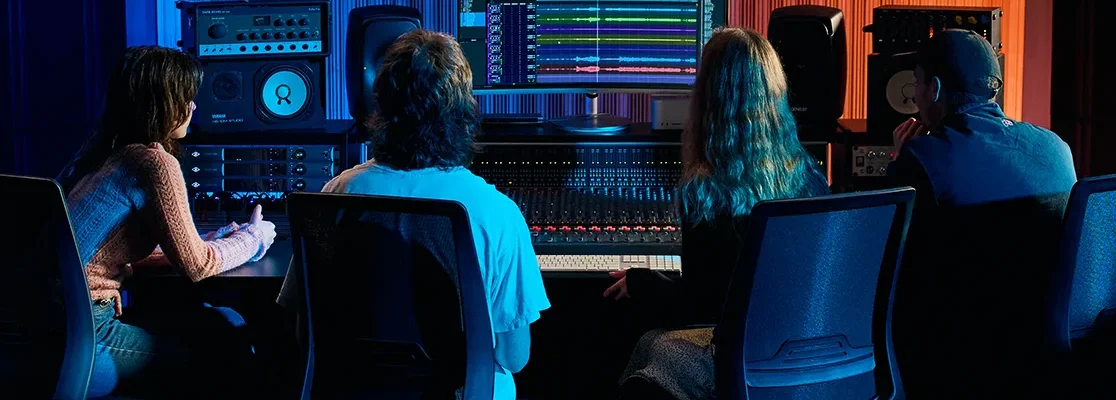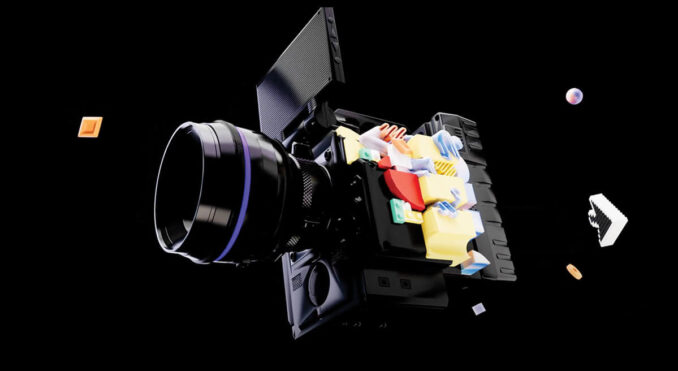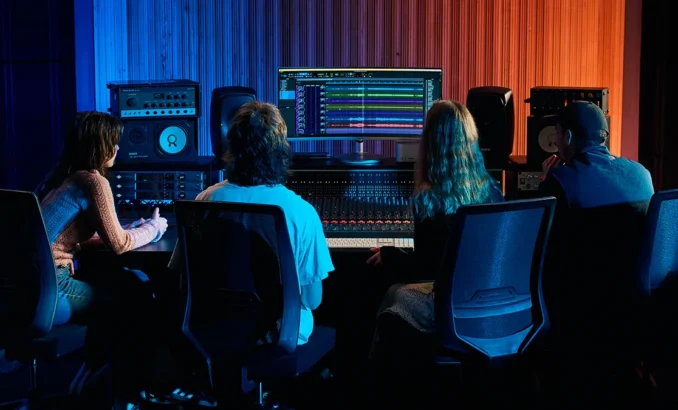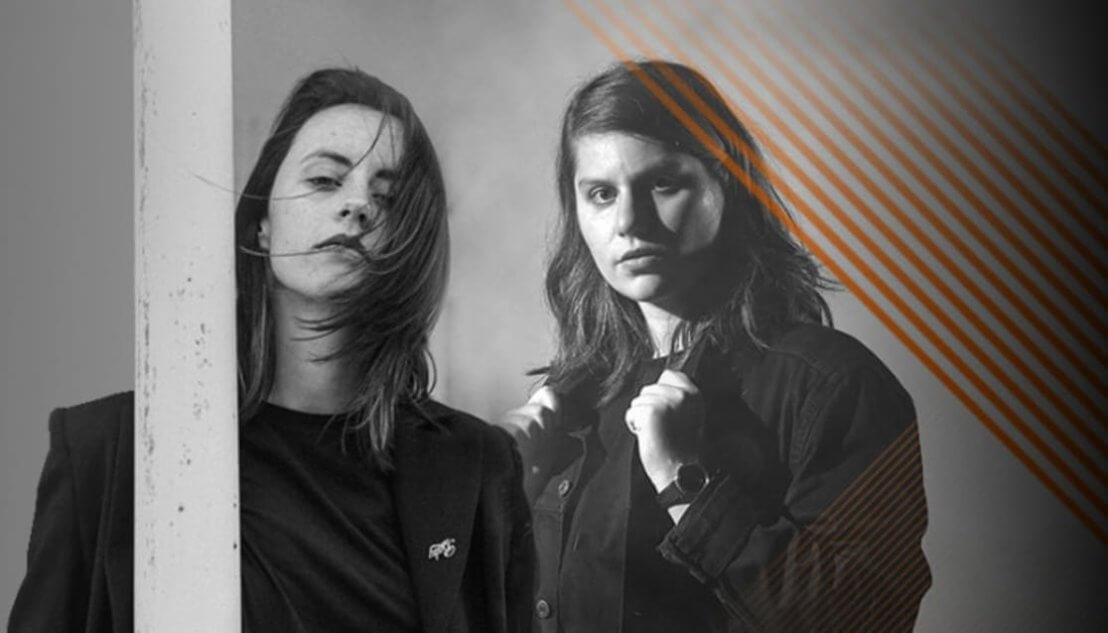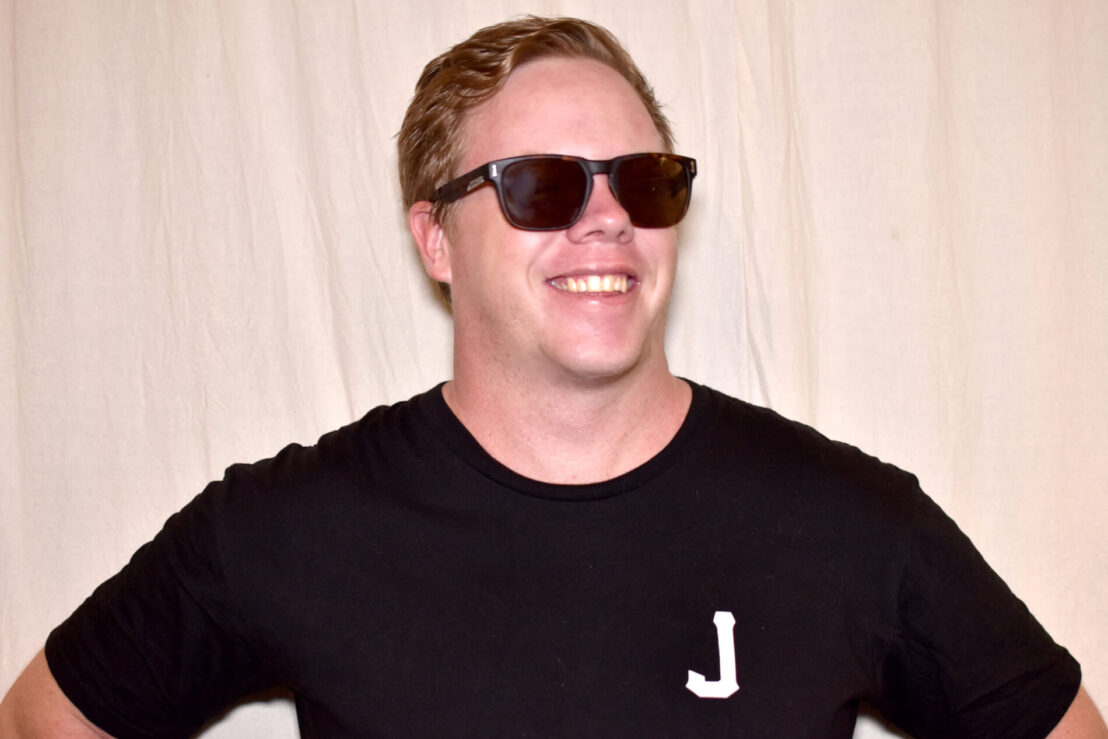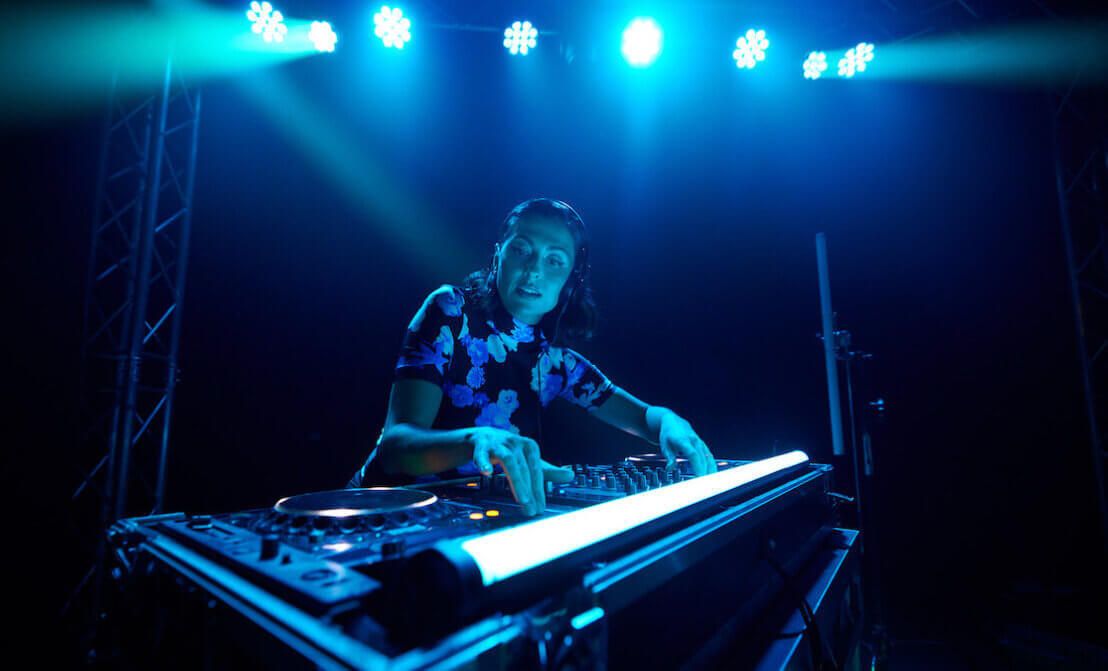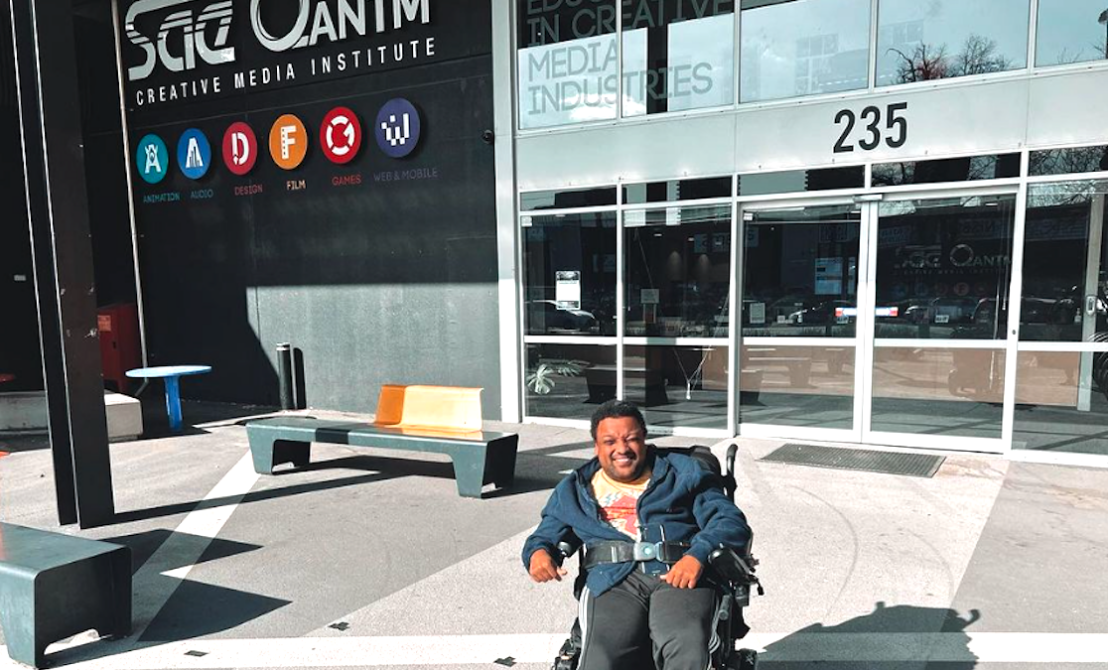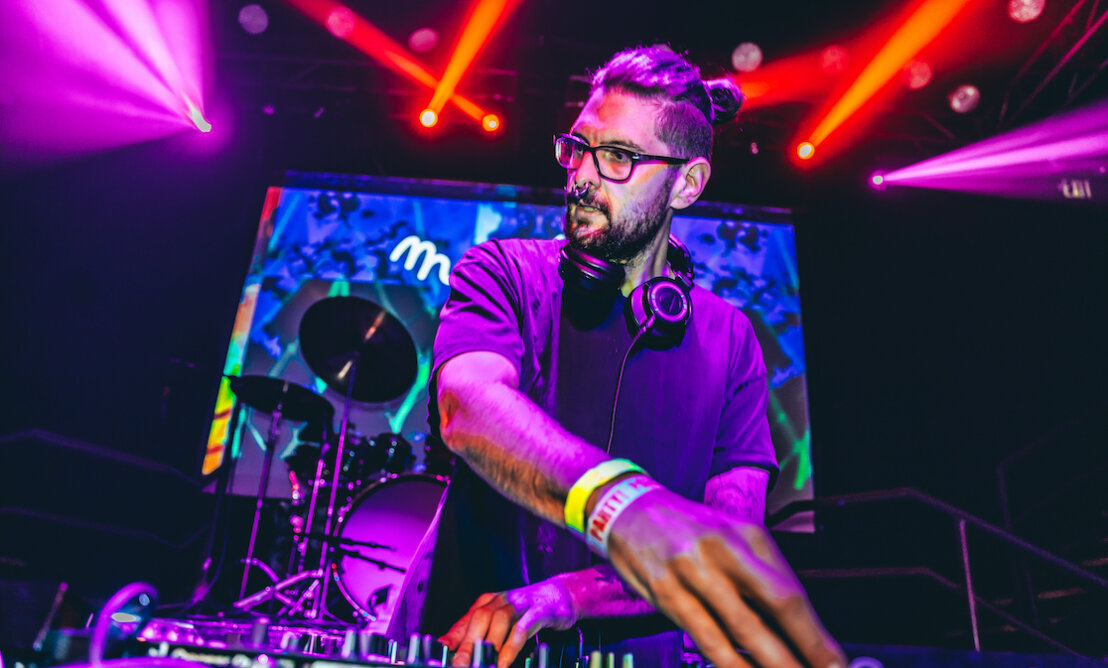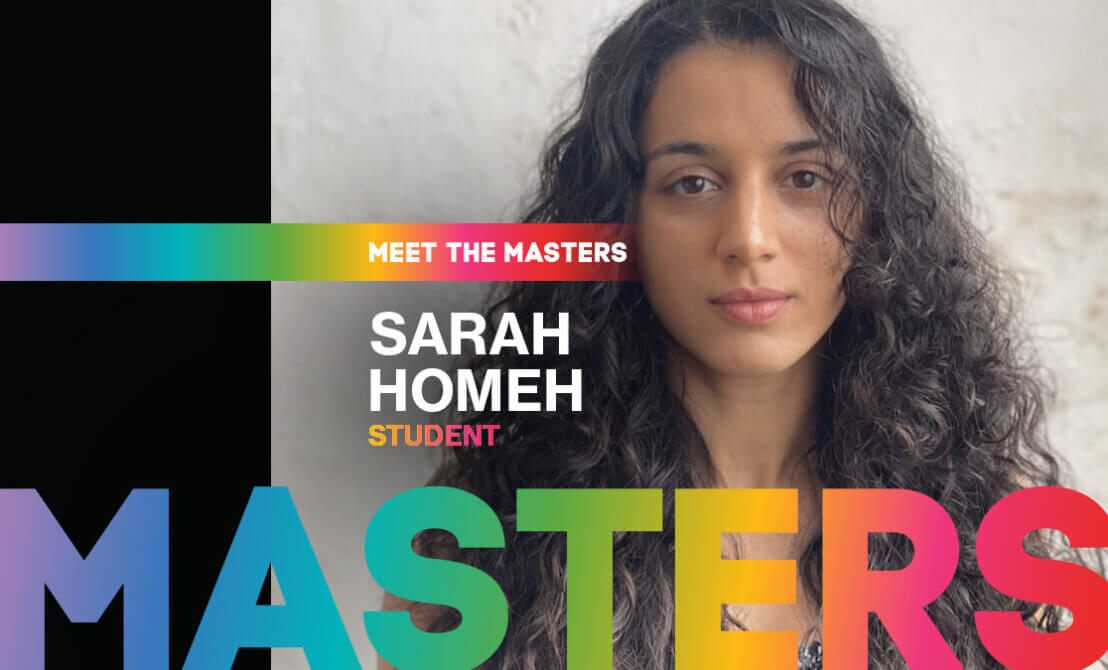Find out more info
You might be wondering, “What’s the real difference between music and sound engineering?”. Maybe you’ve explored our music courses and discovered we also offer audio engineering courses, but you’re still unsure. Don’t stress – we’re here to help!
Let’s break down the key differences so you can choose the best SAE University College course for you.
What’s the Difference Between Music and Sound Engineering?
When it comes to music production, music and sound engineering play distinct but complementary roles.
A music producer is the creative force behind a project, shaping the overall sound and vision. They help bring ideas to life by working on songwriting, arranging and sometimes even refining performances. Some producers choose to produce their own music, while others collaborate closely with artists to craft a unique sound. If you enjoy being part of the creative process, generating fresh ideas and leading projects, studying music might be your jam.
If you’re more drawn to the technical side, sound engineering may be a better fit. Audio engineers focus on the precise details of audio production, ensuring high-quality sound by recording, mixing and mastering. Whether it’s in a studio, at live events, or working on audio for films, video games or podcasts, audio engineers handle the technical aspects to deliver crystal-clear sound. If you love working with technology and solving sound-related challenges, studying audio might be for you.
To make things even easier, why not take our quick quiz to find out whether music or audio is the perfect fit for you? Answer a few questions, and you’ll be one step closer to discovering your ideal course!
What You’ll Learn When You Study Sound Engineering
If you decide to study sound engineering, you’ll develop essential skills for a career in the audio industry. The curriculum of our audio courses covers key areas such as studio production, live sound, sound design and post-production techniques.
Here are some specific topics you’ll explore:
- Studio Production: Learn the ins and outs of recording, mixing and mastering tracks in a studio setting.
- Live Sound Engineering: Understand how to set up and operate sound systems for live events, ensuring the best audio experience for audiences.
- Sound Design: Discover how to create unique audio experiences for various media, including games, film and podcasts.
- Audio Technology: Gain a foundational understanding of the tools and software used in sound production, such as Pro Tools, Logic Pro X and Ableton Live.
- Acoustics and Sound Perception: Learn about the principles of sound and how to optimise environments for the best audio quality.
You should consider our audio courses if you have:
- a keen interest in studio sound, live sound production, acoustics, sound design or sound for film
- the ability to perceive, analyse, interpret and respond to audio elements
- a basic understanding of audio genres, styles and techniques.
Choosing to study sound can lead to a range of careers, such as:
- Studio Engineer: Work in a studio setting, recording and mixing music and other audio projects.
- Music Producer: Collaborate with artists to shape their sound and oversee production.
- Game Audio Specialist: Create and implement sound for video games, enhancing the gaming experience.
- Sound Designer: Develop audio elements for film, television or other media.
- Live Sound Engineer/Operator: Ensure high-quality sound for concerts and events.
SAE has three audio courses available to choose from, depending on the level of study you’re looking for.
Bachelor of Audio: This comprehensive program prepares you for modern roles in audio by covering everything from studio and live production to sound design and post-production. You’ll work with industry-standard equipment and software, honing your skills through hands-on experience. The curriculum emphasises collaboration across disciplines, allowing you to work on real-world projects that build your portfolio.
Associate Degree of Audio: This course provides essential skills for entry-level roles, focusing on studio and live sound production. You’ll gain practical experience with professional equipment while working on collaborative audio projects.
Diploma of Audio Production: In just a few months, you’ll learn the fundamentals of studio and live sound production through hands-on training and projects. This course also offers credit towards the Bachelor of Audio.
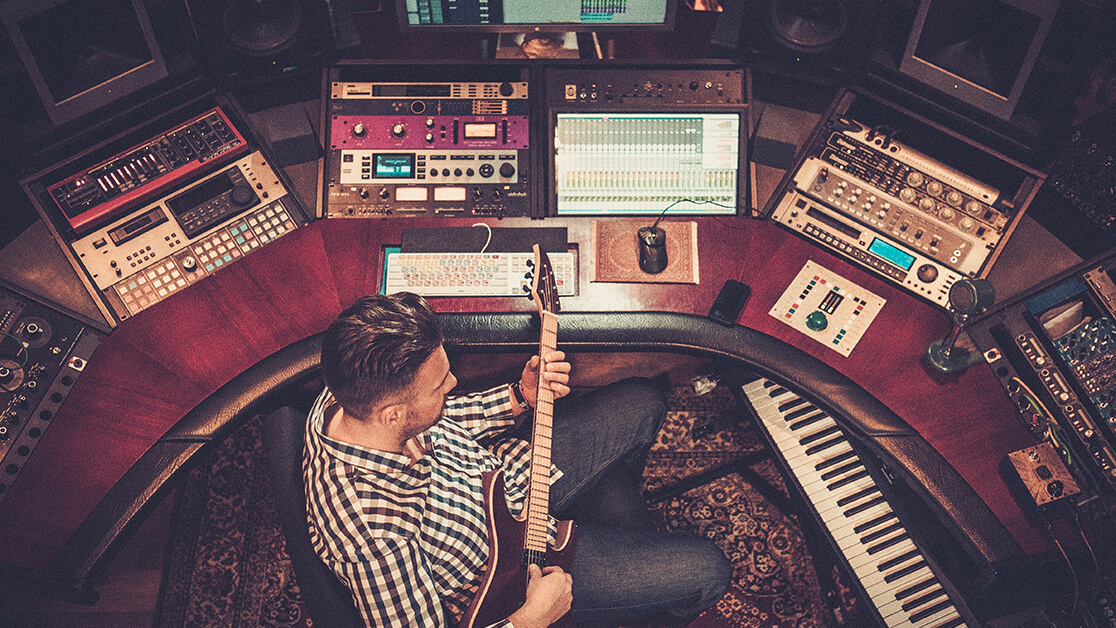
What You’ll Learn When You Study Music Production
If you decide to study music production, you’ll develop essential music industry skills. The curriculum covers key areas such as songwriting, composition, music business, stagecraft, recording techniques, electronic music and studio production.
Here are some specific topics you’ll explore:
- Songwriting strategies: Learn how to effectively craft lyrics and melodies.
- Acoustic and electronic music: Understand the differences and applications of various musical styles.
- Performance and recording techniques: Develop skills that are important for both live shows and studio recordings.
- Music production practice: Get hands-on experience in producing tracks from start to finish.
- Principles of sound, music and audio technology: Gain a foundational understanding of how sound works, and the technology used in music production.
You should consider studying music if you have:
- a keen interest in music creation, performance or production
- an aptitude for music theory and creativity
- a basic understanding of music genres, styles and techniques.
Choosing to study music opens up a range of career possibilities, such as:
- Studio Composer: Create original music for various projects, including albums and media.
- Music Producer: Work with artists to develop their sound and oversee the production of their music.
- Live Music Performer: Take your talent to the stage and connect with audiences.
- Small Business Owner: Start your own music-related business, like a recording studio or production company.
- Musician: Perform your own music or collaborate with other artists.
- Songwriter: Write songs for yourself or other artists.
SAE has three music courses available to choose from, depending on the level of study you are looking for.
Bachelor of Music: A comprehensive program focusing on songwriting, composition, music business, recording techniques and electronic music production. Offers electives in Songwriting and Music Production, Electronic Music Production, Music Industry and Business and Creative Musicianship.
Associate Degree of Music: Builds essential skills in songwriting, composition, music business, and recording techniques. Allows for specialisation in the same four pathways as the Bachelor of Music.
Diploma of Music: Provides foundational skills in songwriting, music production, electronic music production and collaborative music making. Completed in a shorter timeframe, with eligibility for credit towards the Bachelor of Music.

Emerging Opportunities in Music and Sound Engineering
If you’re wondering what your future career in music and sound engineering might look like, you’ll want to read about these emerging opportunities!
In Music: Independent artists and digital platforms are on the rise! With social media and streaming services, you can reach a global audience without needing a major label. You could launch your own brand, create your unique sound and build a loyal fan base. Whether you want to perform, produce or manage, there’s a niche for you. Plus, live streaming concerts offer another innovative way to reach your audience, so you could even connect with fans from the comfort of your home.
In Audio: Industries like gaming, virtual reality (VR) and podcasting are booming! Every video game, VR experience and podcast needs skilled audio pros to create immersive soundscapes and audio content. The demand for talented audio engineers and sound designers is skyrocketing. You could be part of something innovative, where your work can influence how people experience stories and entertainment.
Whether you’re drawn to the creative side of music production or the technical precision of sound engineering, both fields offer exciting opportunities.
Music and sound engineering are deeply interconnected, yet they cater to different strengths and interests. Choosing between them comes down to your passion – do you see yourself shaping the next hit song, or are you more excited about perfecting the audio for a live concert or video game?
Whichever path you choose, SAE will be right beside you, ready to help you make something extraordinary!


